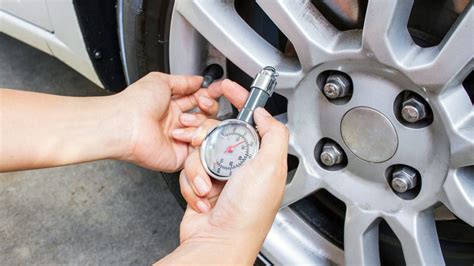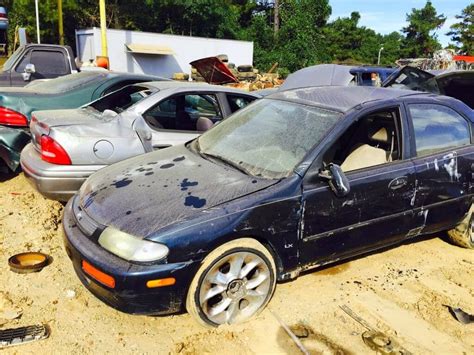For millions of daily commuters, the rising cost of fuel is a constant concern. While fuel prices fluctuate, one of the most effective ways to combat high gas costs is by adopting smarter driving habits and maintaining your vehicle efficiently. By making a few simple changes, you can significantly reduce your fuel consumption, save money, and even contribute to a greener environment.
Embrace Smooth Driving Techniques
One of the biggest fuel-wasters is aggressive driving. Rapid acceleration, sudden braking, and frequent lane changes not only increase wear and tear on your vehicle but also guzzle gasoline. Instead, aim for smooth, gradual acceleration and anticipate stops to coast rather than brake suddenly. Imagine there’s an egg under your accelerator pedal – apply pressure gently.
Maintaining a consistent speed is also crucial. Using cruise control on highways can help you avoid unintentional speed fluctuations, which often lead to higher fuel consumption. The goal is to keep your engine operating in its most efficient range.

Mind Your Speed Limits
While it might be tempting to speed to shave a few minutes off your commute, driving above the posted speed limits drastically reduces fuel efficiency. Most cars achieve optimal fuel economy between 40 and 60 mph. As your speed increases beyond this range, aerodynamic drag becomes a significant factor, requiring more power and thus more fuel to maintain momentum.
Stick to speed limits, not just for safety, but also for your wallet. A consistent, moderate speed is your ally in the fight against high fuel costs.
Keep Tires Properly Inflated
Underinflated tires are a silent fuel killer. When tires aren’t at their recommended pressure, they create more rolling resistance, forcing your engine to work harder and consume more fuel. Check your tire pressure at least once a month (and before long trips) using a reliable gauge. You’ll find the recommended pressure (PSI) in your car’s owner’s manual or on a sticker inside the driver’s side door jamb.

Prioritize Regular Vehicle Maintenance
A well-maintained vehicle is a fuel-efficient vehicle. Simple maintenance tasks can have a profound impact on your car’s gas mileage:
- Engine Air Filter: A dirty air filter restricts airflow to the engine, making it work harder and consume more fuel. Replace it regularly according to your owner’s manual.
- Spark Plugs: Worn-out spark plugs can lead to misfires and inefficient combustion, wasting fuel.
- Oil Changes: Use the recommended oil type and change it at prescribed intervals. Fresh, clean oil reduces friction within the engine.
- Wheel Alignment: Misaligned wheels increase rolling resistance.
Don’t skip routine service appointments. A professional mechanic can identify and fix issues that silently drain your fuel tank.

Reduce Idling Time
Idling burns fuel without moving your car an inch. If you anticipate being stopped for more than 30 seconds (e.g., waiting for someone, at a long train crossing), it’s generally more fuel-efficient to turn off your engine and restart it when you’re ready to go. Modern cars are designed to handle frequent starts and stops without excessive wear.
Lighten Your Load
The heavier your car, the more fuel it needs to move. Remove any unnecessary weight from your trunk or back seat. That old golf club set you haven’t used in months or the heavy tools you rarely need can add up, increasing your fuel consumption. Every extra 100 pounds can reduce your MPG by about 1-2%.

Plan Your Routes Wisely
Smart route planning can save both time and fuel. Use navigation apps to find the most efficient routes, avoid heavy traffic areas, and combine multiple errands into one trip whenever possible. Cold starts consume more fuel, so minimizing separate short trips can make a difference. Avoiding stop-and-go traffic not only saves fuel but also reduces stress.
Use Air Conditioning Sparingly
Running your car’s air conditioning system places an extra load on the engine, increasing fuel consumption. While essential in hot weather, use it judiciously. On cooler days or at lower speeds, consider rolling down your windows instead. At higher speeds, open windows can create more drag than the AC, so it’s a trade-off. Generally, use AC when truly necessary.

Conclusion
Saving fuel isn’t about one grand gesture, but a combination of consistent, smart choices. By adopting smooth driving techniques, maintaining proper tire pressure, keeping your vehicle in top shape, and being mindful of idling and excess weight, daily commuters can significantly reduce their trips to the gas station and keep more money in their pockets. Start implementing these habits today, and watch your fuel savings grow!




